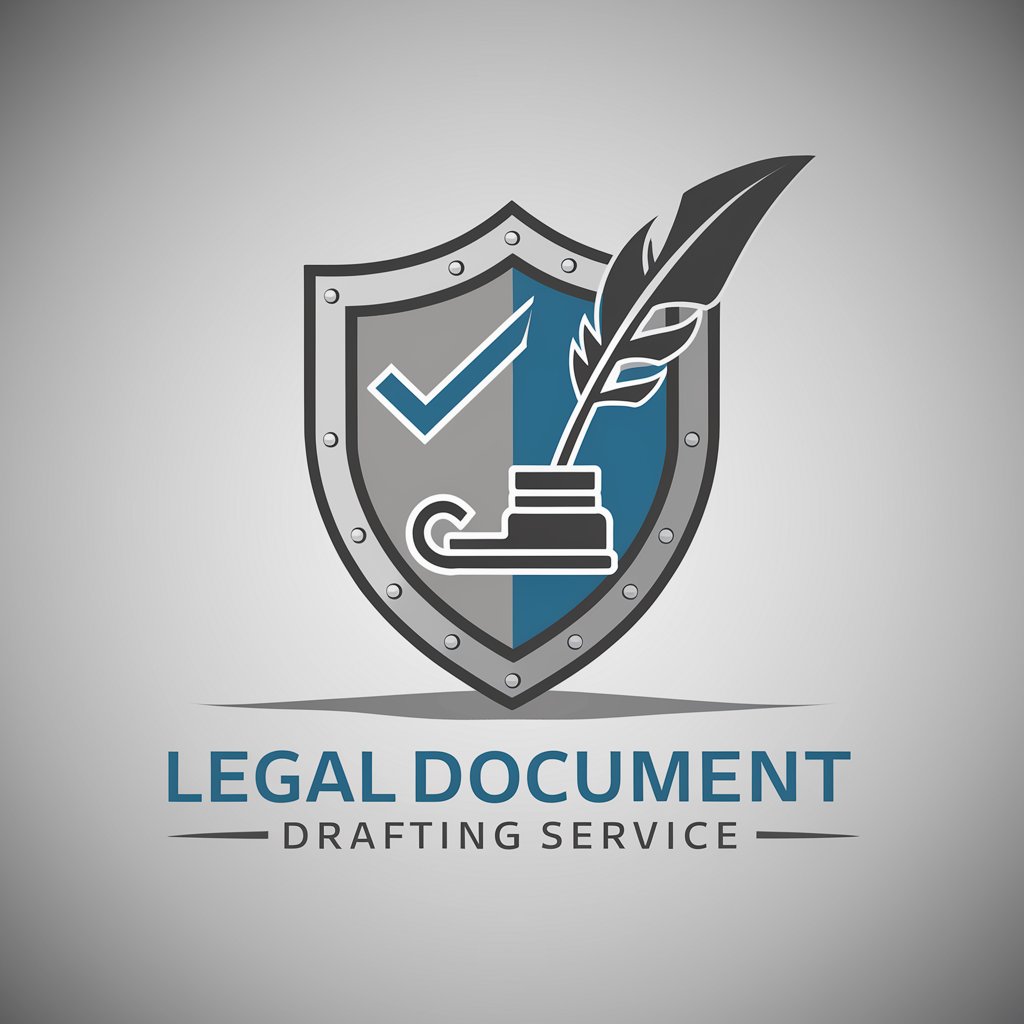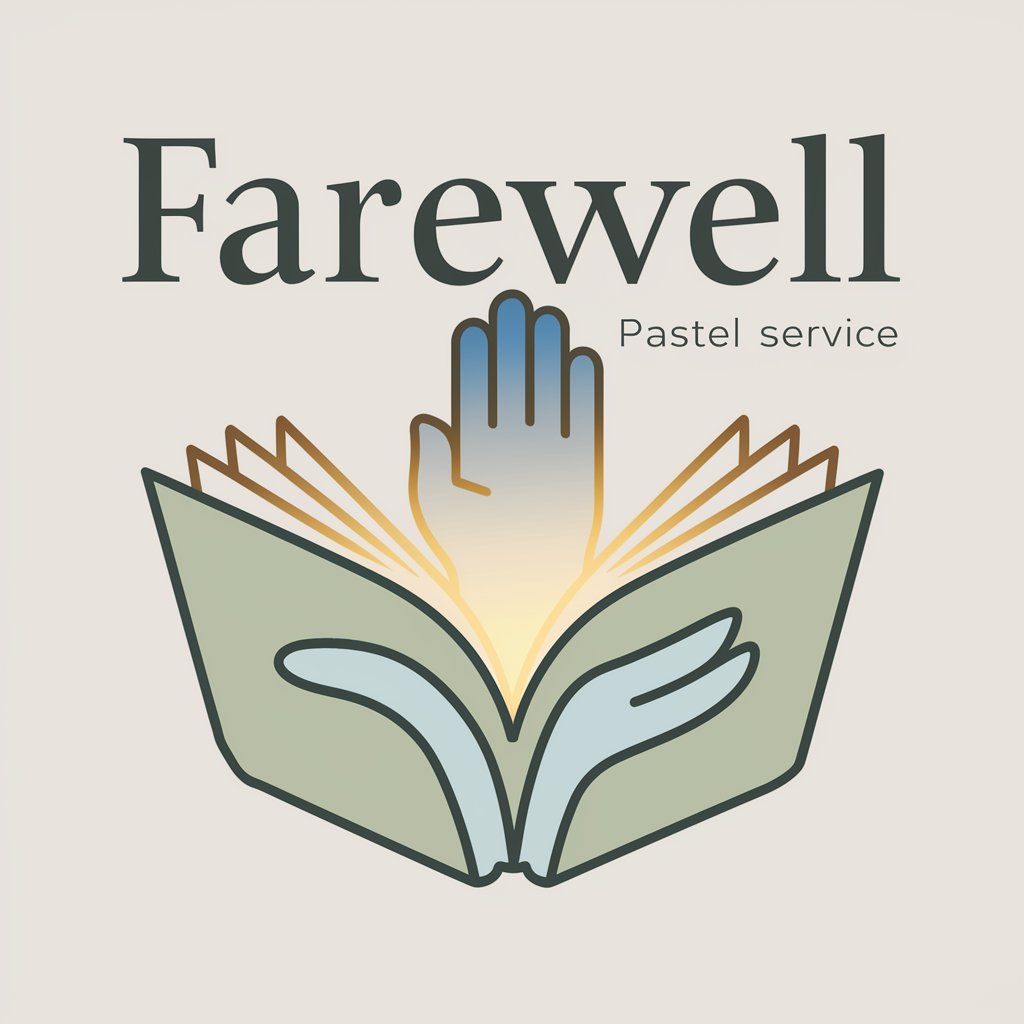
Advance Directives - Healthcare Directive Guidance

Hello! Ready to learn about advance healthcare directives?
Empowering Informed Healthcare Decisions
What are the key components of an advance healthcare directive?
How can I ensure my healthcare wishes are respected?
What should I consider when creating a living will?
Can you explain the difference between a healthcare proxy and a power of attorney?
Get Embed Code
Understanding Advance Directives
Advance Directives are legal documents that allow individuals to outline their preferences for medical care in the event that they become unable to make decisions for themselves. This includes specifying treatments they would or would not want to receive, appointing a healthcare proxy or durable power of attorney for healthcare decisions, and making organ donation choices. The primary purpose of Advance Directives is to ensure that a person's healthcare wishes are known and respected, providing peace of mind to both the individual and their loved ones. Examples of Advance Directives include Living Wills, Durable Powers of Attorney for Health Care, and Do Not Resuscitate (DNR) orders. A scenario illustrating the use of Advance Directives is a person undergoing major surgery specifying in a Living Will that they do not want to be kept on life support if their condition becomes irreversibly terminal. Powered by ChatGPT-4o。

Main Functions of Advance Directives
Specifying Medical Treatment Preferences
Example
Living Wills
Scenario
An individual with a chronic illness uses a Living Will to specify that they do not wish to receive extended mechanical ventilation should they become permanently unconscious.
Appointing a Healthcare Proxy
Example
Durable Power of Attorney for Health Care
Scenario
A person appoints a trusted family member as their healthcare proxy to make medical decisions on their behalf if they are unable to do so, ensuring their healthcare preferences are executed.
Making End-of-Life Care Decisions
Example
Do Not Resuscitate (DNR) Orders
Scenario
An elderly individual specifies a DNR order to avoid aggressive life-saving measures in the event of cardiac arrest, focusing on comfort and quality of life.
Ideal Users of Advance Directives Services
Adults with Chronic Conditions
Individuals with chronic medical conditions benefit from using Advance Directives to communicate their treatment preferences, ensuring that medical interventions align with their values and wishes.
Elderly Individuals
Elderly individuals often use Advance Directives to outline their preferences for end-of-life care, helping to avoid unwanted interventions and to maintain dignity in their final days.
Anyone Over 18
Virtually anyone over the age of 18 can benefit from establishing Advance Directives, as unexpected medical situations can arise at any age, making it important to have wishes documented in advance.

Using Advance Directives
1
Begin your journey at yeschat.ai for an obligation-free trial, no sign-up or ChatGPT Plus required.
2
Identify your healthcare planning needs, such as appointing a healthcare proxy or outlining your wishes for medical treatment in various scenarios.
3
Utilize the provided resources to educate yourself on the legal and practical implications of different advance directives.
4
Complete the relevant forms, making sure to comply with your jurisdiction's legal requirements for validity.
5
Discuss your decisions with your healthcare proxy, family, and healthcare providers, and securely store your documents where they can be easily accessed when needed.
Try other advanced and practical GPTs
Blender Script Wizard
AI-powered Blender Scripting Simplified

Greek Tutor
Master Greek with AI Assistance

Heitor Tutor
Empowering Digital Book Production with AI

Brainwave Analyst
Empowering Insights with AI-Powered EEG Analysis

Second Name Creator
Bringing Names to Life with AI-Powered Realism
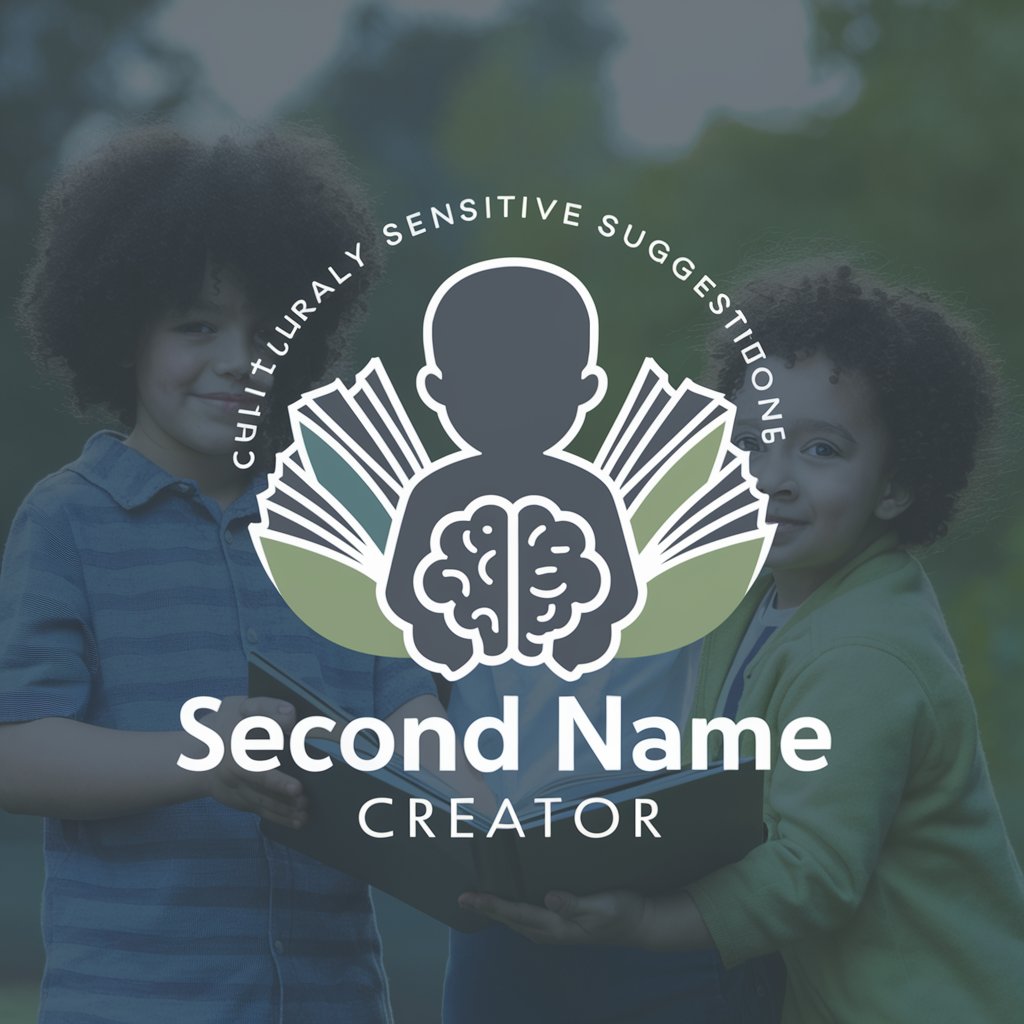
C# Tutor
AI-powered C# Learning Companion

CodeBoy
Empowering Python learning with AI
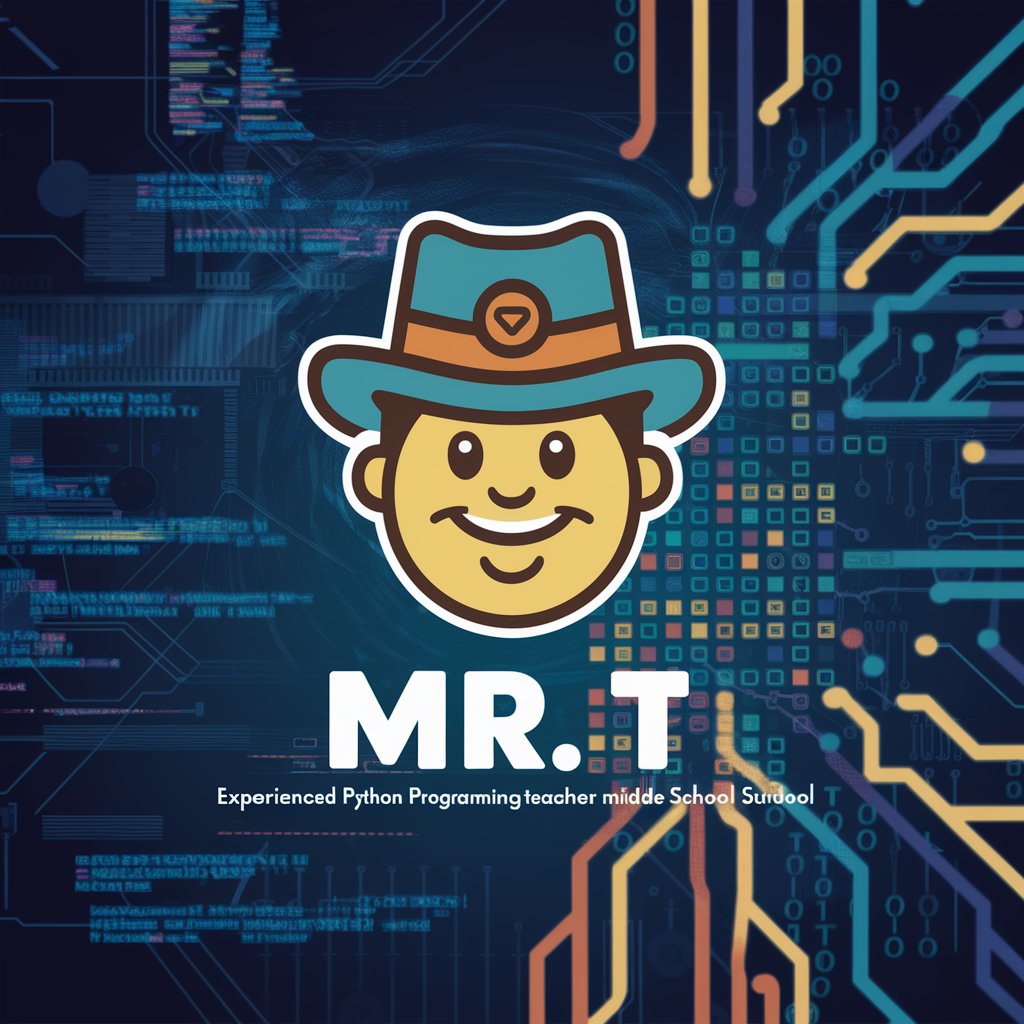
Currency Companion
AI-powered currency insights and conversions

Machine Learning X
Empowering your machine learning journey with AI.

SEO Title And Description Optimizer
Elevate Your SEO Game with AI-Powered Optimization
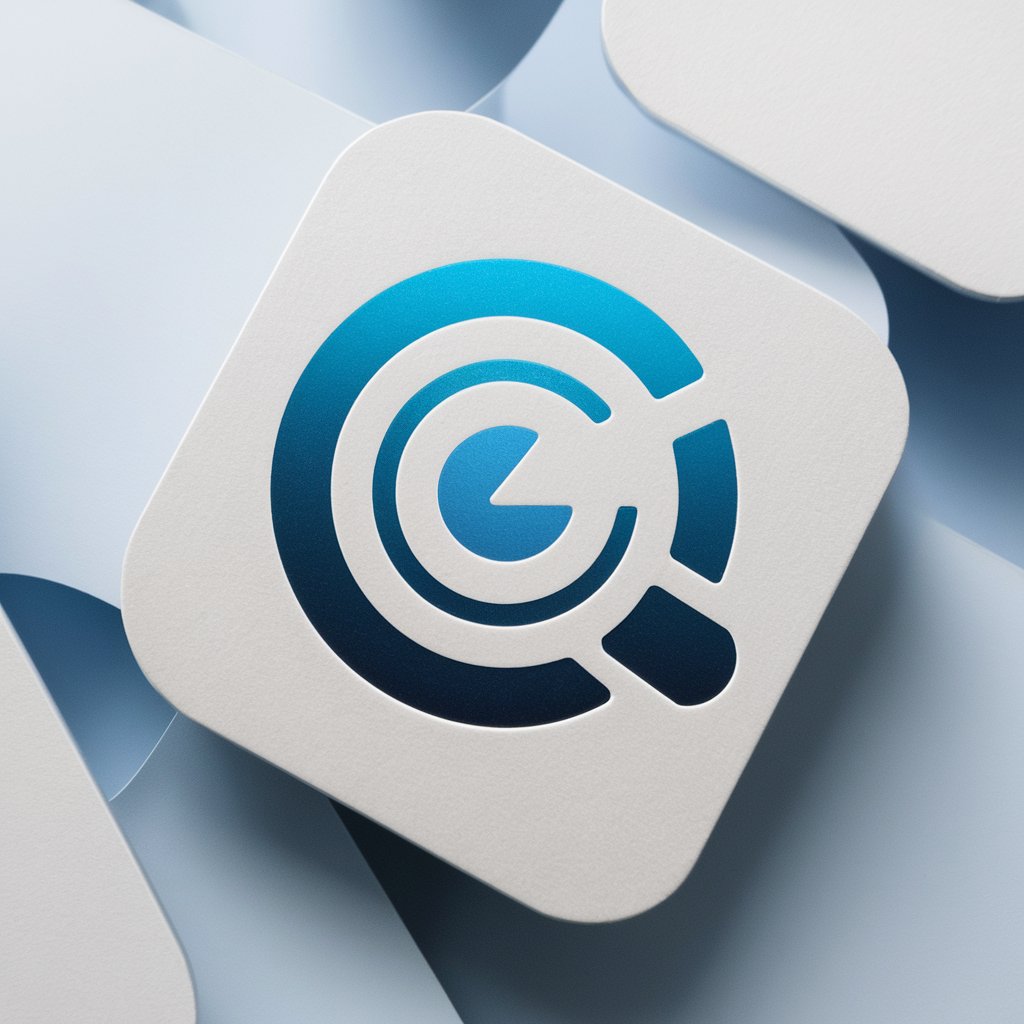
Naija AI Doctor
Empowering Health Decisions with AI

Palm Reader Pro
Unlock the secrets of your palm

Advance Directives Q&A
What are Advance Directives?
Advance Directives are legal documents that outline your preferences for medical care if you are unable to make decisions for yourself. They can appoint a healthcare proxy and specify wishes for treatments.
Who needs Advance Directives?
Anyone over the age of 18 can benefit from having Advance Directives to ensure their healthcare wishes are known and respected, regardless of their current health status.
How often should Advance Directives be updated?
Advance Directives should be reviewed and potentially updated after major life events such as marriage, divorce, a significant diagnosis, or a change in healthcare preferences.
Are Advance Directives legally binding in all states?
While all states recognize Advance Directives, the requirements and forms can vary. It's important to ensure your directives comply with your specific state's laws.
Can Advance Directives be revoked or changed?
Yes, you can revoke or change your Advance Directives at any time, as long as you are mentally competent. New documents must be completed, signed, and distributed to replace the old ones.

